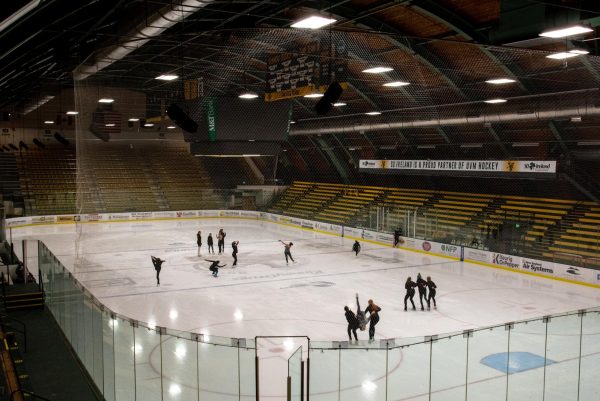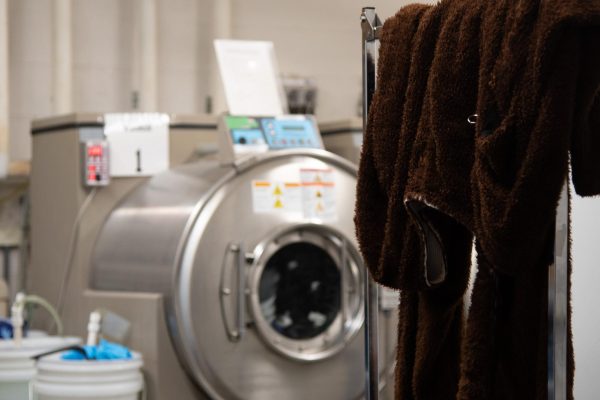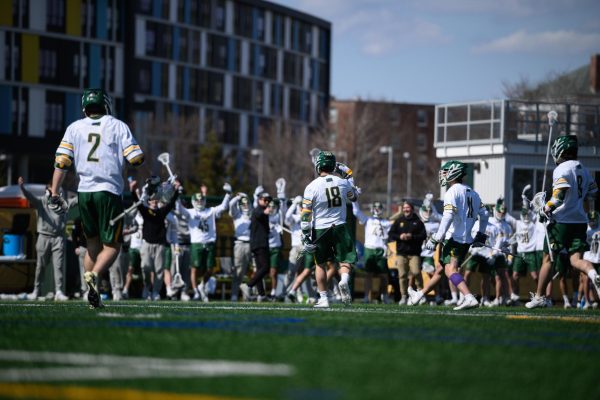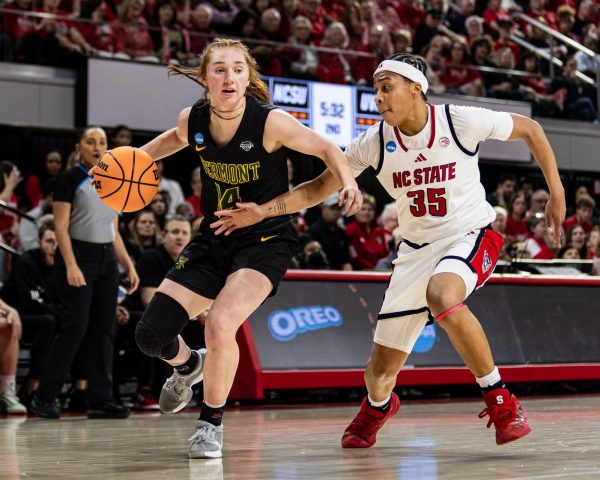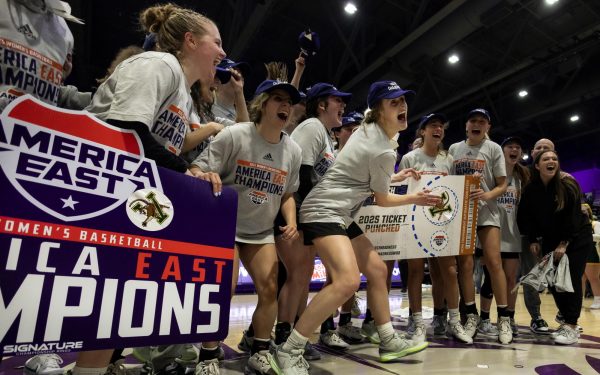Sports Brings Boston Some Relief
Like most from Boston, when I woke up April 15 I thought about Patriot’s Day and the fact that UVM doesn’t have it off.
As I was walking into my class at three that afternoon, I got an alert telling me an explosion was heard near the finish line.
Still, I assumed some mishap on the MBTA or unexpected fireworks, as did my friends back home whom I spoke with.
Gradually though, pictures began to emerge and it was worse than anyone first thought.
Soon it was characterized as an act of terror and as the hours and days passed the true level of devastation became clear.
Four were dead, including an eight year old and a MIT police officer, close to 200 injured and a city was brought to its knees.
In the midst of it all, the sporting events that were cancelled and postponed in the aftermath seemed almost inconsequential.
But on Wednesday, just two days after the bombings, the Boston Bruins had their first home game since the tragedy.
In some cities, the first sporting event after a terrorist attack might be largely unattended, as residents remain nervous about additional attacks.
Not Boston. Fans packed the TD Garden, making the game the hottest ticket in team.
And when Rene Rancourt, the man who has sung the National Anthem before every Bruins game since 1976, began to sing something special happened.
Within the first few words the crowd began to drown out Rene with their united voice.
Hearing the 17,565 in attendance sing our National Anthem was a moment most will not soon forget.
The spontaneity of it all embodies the slogan “Boston Strong,”a phrase that has become the mantra of Bostonians since the bombings.
Sports have a special way of bringing people together in the most difficult times.
The first time I understood this was in 2001 following 9/11.
As a sixth grader I could not understand the significance or impact that the terrorist attack had on the U.S.
But I did understand that something unique was happening when then-president George W. Bush stepped out to throw the first pitch before the World Series at Yankee Stadium October 30, just weeks after the attack.
I did not understand politics, but I knew it was a moment to remember as Bush threw a strike and sparking cheers of “U-S-A, U-S-A.”
Now we are several weeks later and Boston is getting back to normal.
One terrorist is dead; his brother is in custody and charged for his crimes.
On the site where bomb number two exploded stands a newly planted tree and Boylston Street is again open for business.
The Red Sox have, for the moment, the best record in baseball.
The Patriots as always traded down in the draft. The Bruins have limped into the playoffs winning just two of their final ten games.
And the Celtics narrowly avoided a playoff sweep at the hands of the New York Knicks.
Boston will come back from these events stronger than before.
And next spring, when the third Monday of April arrives, millions will line the streets of Boston and many more will prepare in Hopkinton to run the 26.2 miles.
The Boston Marathon is the world’s oldest annual marathon and Patriot’s Day represents the first battle of the American Revolution.
No terrorists or bombs will keep Bostonians from honoring those who finish, those who’ve fallen and those brave men and women who responded heroically by running toward the explosions instead of away.


